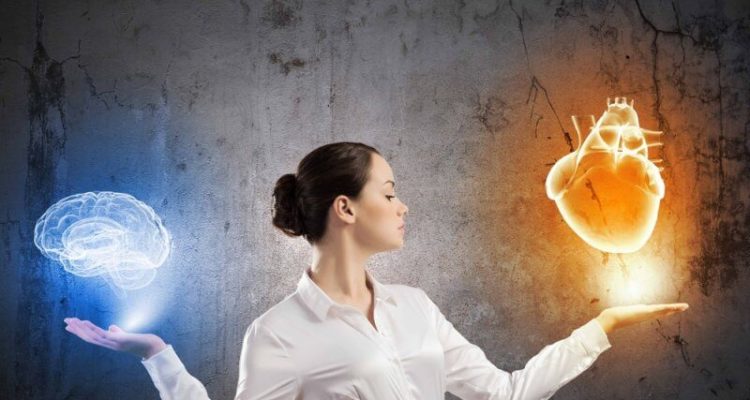
Scientists have made a sensational discovery: the “sixth sense” is not a myth
0 p>Many people associate the “sixth sense” with myths and fairy tales. However, everything is not so simple. The article presents the results of a scientific study that confirmed that people really have the ability to feel and interpret internal signals. Moreover, scientists were able to explain why women suffer more from anxiety and depression.
We all know that we have five senses: touch, sight, hearing, smell and taste. But scientists add to this list an additional sense called interoception – the feeling of the internal state of our body.
Many people associate the “sixth sense” with some myths, fairy tales, and sometimes with dreams, but one of the scientific journals explained its nature and how this “sixth sense” should be perceived.
It helps us sense and interpret internal signals that regulate vital functions in our body, such as hunger, thirst, body temperature, and heart rate.
Although we don't pay much attention to it, it is extremely important. feeling. It ensures that every system in our body works properly. The “sixth sense” warns us that our body may be out of balance – for example, making us seek a drink when we feel thirsty.
Interoception is also important to human mental health because it contributes to many psychological processes, including decision-making, social behavior, and emotional stability. Disorders of interoception are diagnosed in various mental health disorders, including depression, anxiety, and eating disorders.
Despite the importance of this phenomenon, little is currently known about the relationship of interoception to gender differences. Findings regarding the relationship between gender differences, mental and physical health, and interoception were mixed.
Jennifer Murphy and Freya Prentice, psychologists at the University of London, analyzed data from 93 studies that examined how people perceive signals from the heart, lungs and stomach when performing different tasks.
Interoception is indeed different in men and women, according to a study published in the scientific journal Neuroscience & Biobehavioral Reviews.
The researchers said the findings may partially explain why women suffer more from mental health problems (such as anxiety and depression) than men.









Leave a Reply